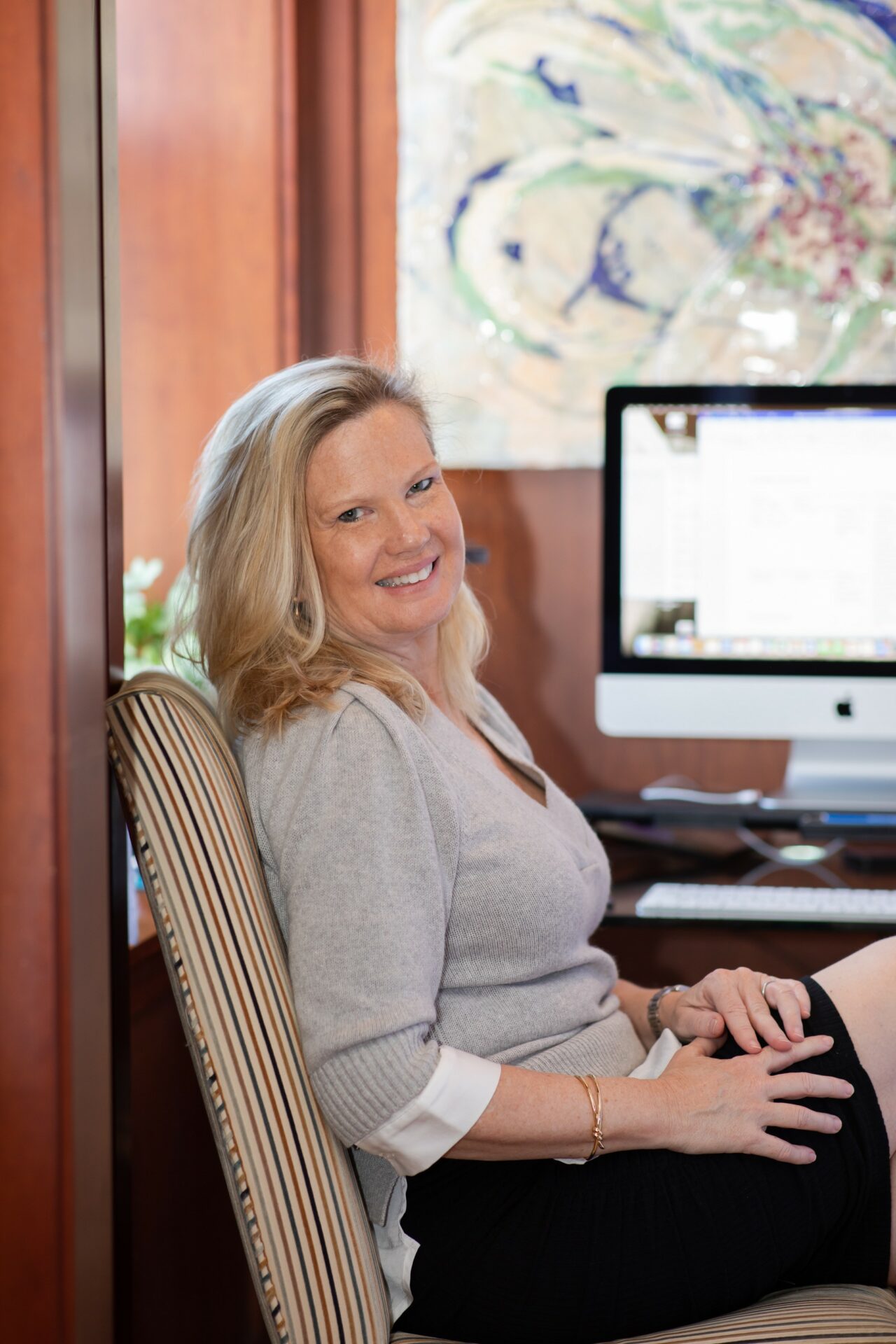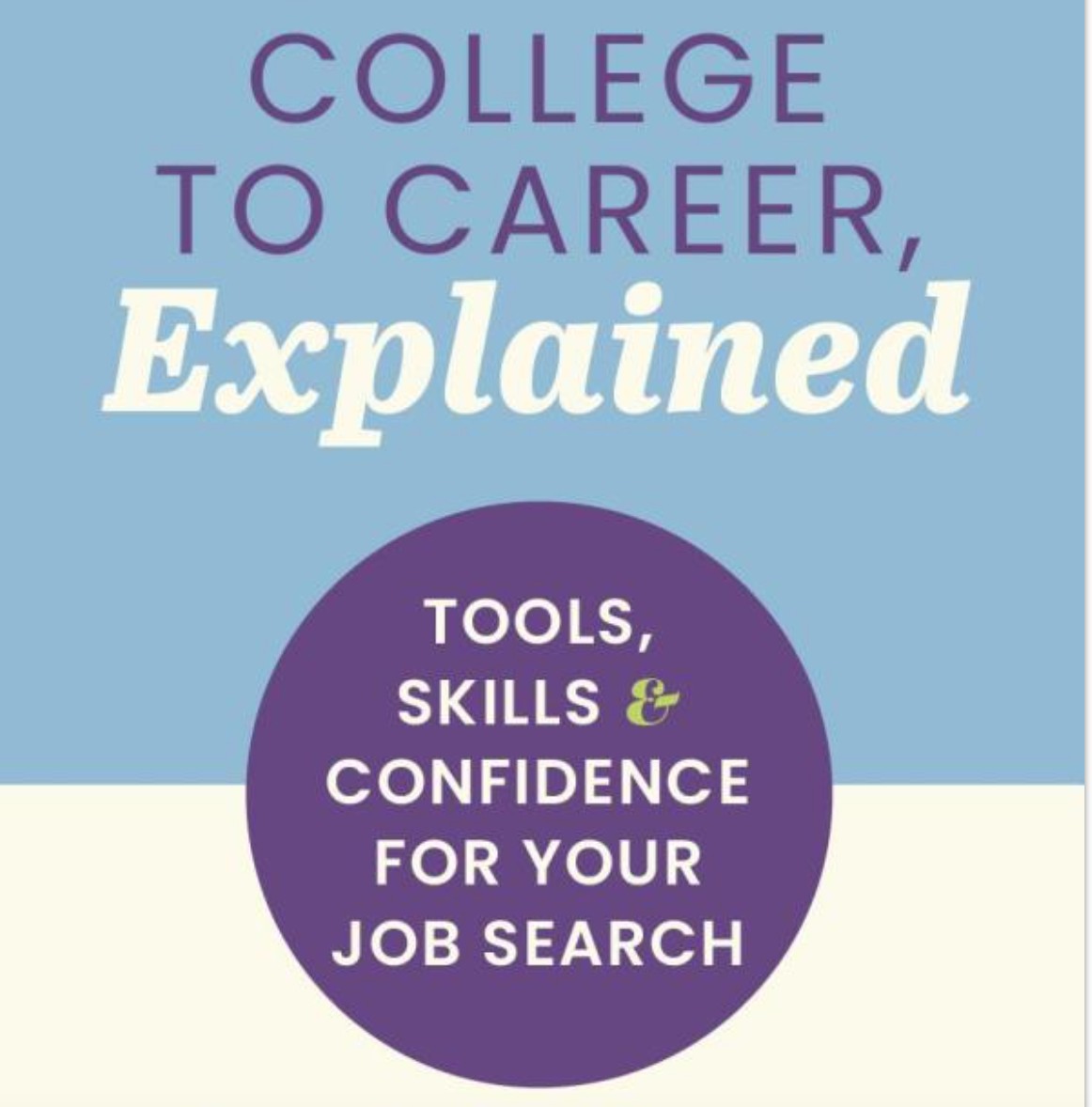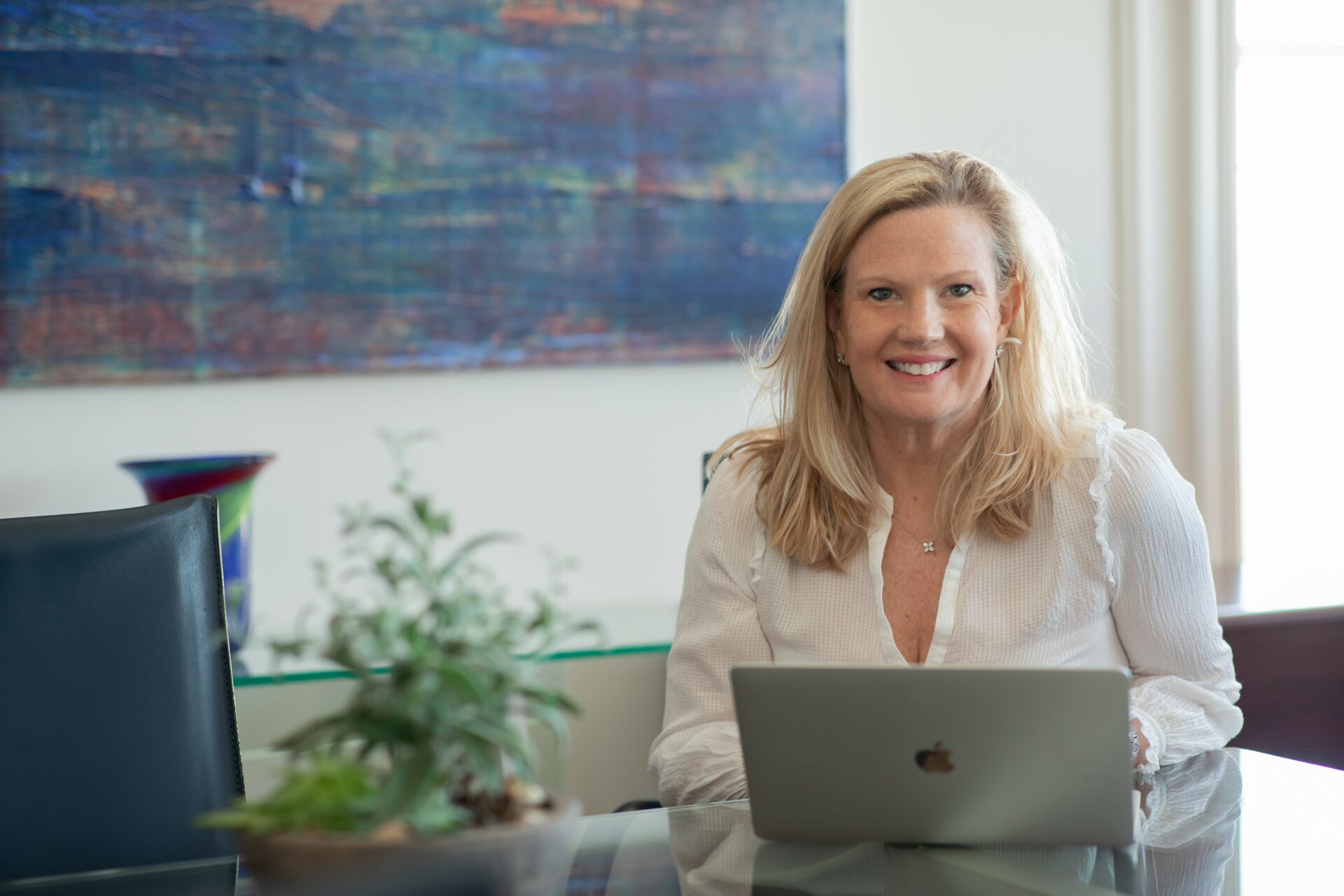Alright – so today we’ve got the honor of introducing you to Amy Feind Reeves. We think you’ll enjoy our conversation, we’ve shared it below.
Appreciate the insights and wisdom. Before we dig deeper and ask you about the skills that matter and more, maybe you can tell our readers about yourself?
To tell you about professional focus, I’ll start with a statistic:
According to the Federal Reserve Bank of New York based on studies released in June 2023, about 40 percent of recent college graduates are currently underemployed in the United States. (Underemployment is defined as “working in a job that typically does not require a bachelor’s degree” and recent college graduates are those aged 22 to 27 with a bachelor’s degree or higher).
This statistic makes me really angry because I understand what drives it, and I came very close to being a part of it 40 years ago. Today, after a very personally and professionally satisfying career, I am devoting myself to helping fix it. That’s what I’ve been doing for the last 12 years and it is amazing.
Here’s my story: I graduated from a good liberal arts college with a respectable GPA, campus leadership experience, and a couple of moderately interesting, but well-paying, temp roles that I had needed on my résumé. My fellow classmates were flocking to Wall Street training programs, so that was where I figured I would go as well. “How hard could it be?” I thought.
A few months after graduation, I watched my friends take their empty briefcases off to their first days of work while I was crushed, miserable, and in utter disbelief that for the first time in my life I had been a complete failure at something—and I had great skirt suits! Ultimately, I accepted the best paying job I could find as an administrative assistant. As I started processing my experience and asking questions, I began to understand how the skills I had developed in college would allow me to contribute to those teams and goals. I understood I was a less attractive candidate because I did not have a background in math or economics, but I came up with a strategy to work around that fact. I read all I could about banking and accounting, and I learned all I could about corporate-finance trends in the Wall Street Journal. My friends taught me, what questions to expect during an interview and I prepared my answers in advance. By the following spring, I’d landed a bank training program role at the first place I interviewed and found that I really liked what I was doing and was good at it.
How had I been so bad at interviewing for a job after college but was really good at it a year later?
The answer is actually pretty simple: Job searching and interview- ing, like anything else, is a learned skill. The process doesn’t necessarily favor the smart or the hard-working. The process favors those who understand how it works and how performance is measured. And like any process, it can be learned.
So why, today, are kids still not learning how to transition to the professional workforce? Every college will tell you they teach it. Every internet career site says they have the key. But the statistic speaks for itself.. Throughout my own long career, I found candidates would often arrive for interviews sorely unprepared or freakishly prepared in an irrelevant way.
I could not be happier to work with recent grads, first generation and low-income students, and professionals in career transition find and keep roles that challenge and value them.
If you had to pick three qualities that are most important to develop, which three would you say matter most?
Definitely, resilience has been most important for me. What is the phrase about some people being born into greatness and others having greatness thrust upon them? I am definitely someone who has had resilience thrust upon them – from an early age. I was lucky in my family and childhood for sure but lost a sister early to cancer and my father shortly thereafter in a terrible accident. Living through both a long-term tragedy and a tragic event that instantly changes everything about your life before the age of 16 is a tough roll. But it does, as they say, make you stronger. Like everyone, I’ve had ups and downs in my personal career, the markets I’ve been a part of and the companies I’ve joined. Being resilient, being able to pivot and taking things in stride is key to making it through life no matter who you are.
Another key thing for me has been range. My career was a bit meandering in that I did projects that were fun or where I liked my manager. I ping ponged around on projects that were all pretty different – like creating new field sales processes for an educational publishing firm, identifying whether the valuation of a non-steroidal pharmaceutical treatment for asthma would be more highly valued in a portfolio of other asthma drugs or out, doing due diligence on a circuit manufacturer in Northern Ireland, and creating user interfaces and scripts for a cell phone “contract win back” strategy in Toronto to name a few. For a while it seemed I was selling my career short without specialization, but now I can offer a very broad range of industry knowledge to clients.
Lastly, but perhaps most importantly, I would add the ability to connect with and enjoy all types of people. Certainly I loved working with other very smart and ambitious people in my work who also went to great colleges and graduate schools. But I’m also a small town Jersey girl with a public school education K-12. This gave me a huge advantage when, for example, I was thrown into a chemical processing plant and asked to work closely with plant engineers, loading specialists and union reps. A lot of MBAs are comfortable in the board room, but not everyone is at home in a steel mill. That made my journey a lot more fun and was advantageous to boot.
How would you spend the next decade if you somehow knew that it was your last?
Like everyone, I’m racing to keep up with advancements in AI while at the same time trying to put deep focus on what the implications will be for my corporate and individual clients so I can stay ahead of the curve for them. In some ways, it is overwhelming. In other ways, it is just the current iteration of “better, faster, cheaper.” that is capturing our collective attention and imagination.
Am trying to keep perspective by remembering that there never seems to have been a time in my professional life where the world was NOT going through sweeping changes. I started my career as a commercial banker in the 80s, with a black rotary phone and a “skirt suits only, never open-toed heels” dress code. Since then every aspect of life as an employee and a consumer has undergone radical change across the board: the way we communicate, produce, purchase, deliver, process, manufacture, hire, manage, compete and measure has all changed dramatically. It helps to remember there may never be, and may never have been, a time when there has not been a big scary, life altering thing on the horizon.
So staying attuned to what is happening, what is further happening as a result and what people think about it is a big commitment right now. However, I also good authors and podcasters are getting a lot better about condensing information. Personally, I read Seth Godin’s blog every day because it is a great reminder that you can write very briefly and very powerfully – his blog is always short and usually delivers a gut punch. I can also easily listen to 3-4 podcast a week about advances in AI because a lot of the good ones are about 10 minutes.
So yes, the pace of change is challenging – but that is kind of what has always made work exciting.
Contact Info:
- Website: www.hireahiringmanager.com
- Instagram: https://www.instagram.com/hireahiringmanager/
- Facebook: https://www.facebook.com/hireahiringmanager
- Linkedin: https://www.linkedin.com/in/amyfeindreeves/
- Twitter: @hireahiringmanager
- Youtube: https://www.youtube.com/@hireahiringmanager


Image Credits
Elyse Pono Photography




